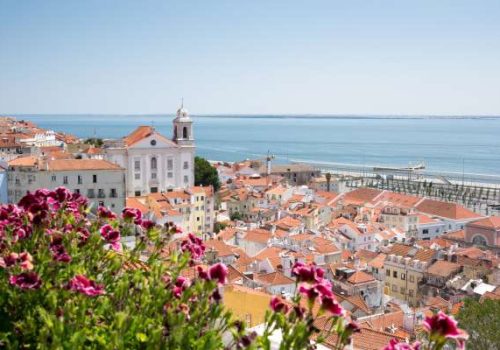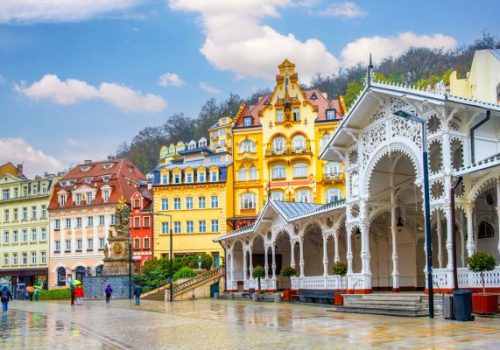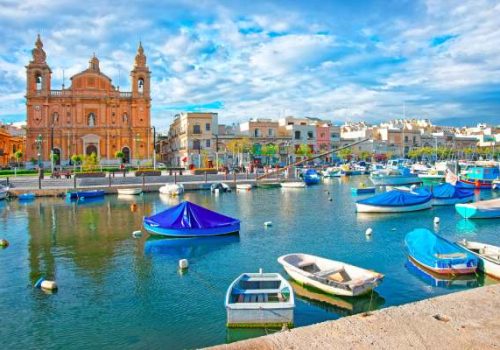Live and work in Oslo
Latest jobs in Oslo and Norway
Unfortunately, we have no vacancies matching this search. Below are some of our most popular vacancies!
- Customer support
- Latvia
- Customer support
- Portugal
- Customer support
- Czechia
- Customer support
- Portugal
Oslo, the capital of Norway, is a dynamic city that blends natural beauty with modern living. Known for its fjords, forests, and high standard of living, Oslo offers excellent opportunities for professionals seeking a balance between work and leisure. This guide explores what it’s like to live and work in Oslo, with insights into the job market, lifestyle, and practical tips for expats.
Working in Oslo
Working Conditions in Oslo
Oslo is known for its progressive work culture, emphasizing a strong work-life balance. The standard workweek is 37.5 hours, typically Monday through Friday, from 8 am to 4 pm or 9 am to 5 pm. Unlike cities such as London or New York, overtime is rare, and employees are encouraged to leave on time to prioritize their personal lives.
Norwegian labor laws are among the most protective in the world, ensuring a minimum of 25 days of paid annual leave and up to 11 public holidays annually. Employees also benefit from generous parental leave policies, including up to 49 weeks of fully paid leave or 59 weeks at a reduced rate, which is a standout feature compared to many other European countries.
The workplace culture in Oslo is egalitarian and collaborative, with less focus on hierarchies and more on teamwork. Respect for personal time is deeply ingrained, and many workplaces adopt a “flat structure” approach where employees at all levels contribute to decision-making.
Job Opportunities in Oslo
Oslo’s economy is diverse, with opportunities in energy, technology, maritime industries, healthcare, and education. Norway is a leader in renewable energy and sustainability, and Oslo is a hub for green energy initiatives and companies specializing in clean technology.
- Energy Sector: Although Norway’s oil and gas industry is significant, Oslo is increasingly focused on renewable energy projects. Engineers, environmental scientists, and project managers are in high demand.
- Technology: Oslo is rapidly becoming a tech hub, with roles in software development, AI, and data analysis growing. Compared to tech cities like Berlin or Stockholm, Oslo’s tech scene is smaller but offers high salaries and excellent benefits.
- Healthcare: Norway’s aging population creates a need for healthcare professionals, particularly nurses, doctors, and physiotherapists. English-speaking expats with qualifications in these fields often find rewarding positions.
- Education and Research: Universities and research institutions in Oslo, like the University of Oslo, provide roles for educators, researchers, and administrative staff. Teaching English is another option, particularly in international schools.
English is widely spoken in Oslo, and many multinational companies operate in the city, making it easier for expats to find English-speaking roles. However, learning Norwegian can greatly enhance job prospects, especially for public sector roles or jobs in smaller companies.
Salaries in Oslo
Salaries in Oslo are among the highest in Europe, reflecting Norway’s strong economy and high cost of living. The average monthly salary in Oslo is around NOK 50,000 (€4,500), with roles in engineering, IT, and finance often exceeding NOK 70,000 (€6,300) per month.
- IT Specialist: NOK 60,000–80,000 (€5,400–€7,200)
- Healthcare Professional: NOK 50,000–70,000 (€4,500–€6,300)
- Customer Service or Retail: NOK 30,000–40,000 (€2,700–€3,600)
Although salaries are high, the cost of living in Oslo is also significant, particularly for housing and food. Fortunately, the generous benefits provided by Norwegian employers, such as pensions, wellness programs, and training opportunities, often offset these costs.
Income Tax in Oslo
Norway’s tax system is progressive, with income tax rates ranging from 22% to 38%. High earners pay an additional surtax, bringing the effective tax rate to around 40–45% for top-income brackets. Social security contributions are included in taxes, covering healthcare, pensions, and unemployment benefits.
Expats working in Oslo must register with the Norwegian Tax Administration (Skatteetaten) and obtain a tax deduction card. Norway has tax treaties with many countries to prevent double taxation, making it easier for expats to navigate their tax obligations.
While taxes in Oslo are high compared to cities like Dublin or Warsaw, they fund Norway’s exceptional public services, including universal healthcare, free education, and reliable public transport.
Working Culture in Oslo
Oslo’s working culture emphasizes equality, flexibility, and collaboration. Norwegian workplaces tend to have a flat hierarchy, with open communication encouraged between employees and management. Decision-making is often democratic, and employees are valued for their individual contributions rather than their job titles.
Punctuality is highly valued in Norway, so arriving late to meetings or appointments is considered unprofessional. Workplaces often have informal atmospheres, and it’s common to see employees enjoying lunch together in shared spaces.
Flexibility is another hallmark of Oslo’s working culture. Many companies offer remote work options or flexible hours, enabling employees to balance their professional and personal lives effectively. This emphasis on balance makes Oslo an attractive destination for expats seeking a less stressful work environment.
Networking in Oslo
Networking in Oslo is crucial for finding job opportunities, particularly for expats. The city hosts numerous professional events, conferences, and industry meetups, especially in tech and renewable energy. Organizations like Oslo International Hub and Startup Norway provide networking platforms for entrepreneurs and professionals.
LinkedIn is widely used in Norway, and joining local networking groups or attending events through platforms like Meetup can help expats build connections. The Chamber of Commerce and expat-focused groups are also valuable resources for integrating into Oslo’s professional community.
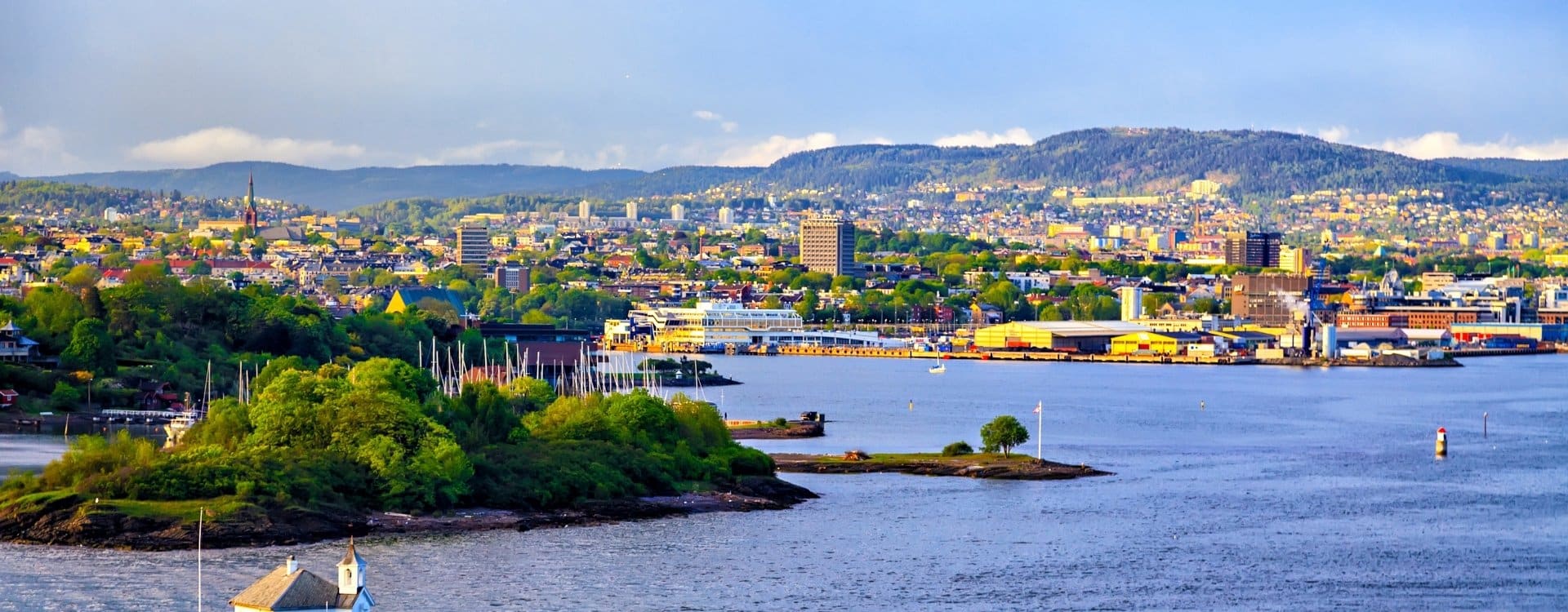
Living in Oslo
Benefits of Living and Working in Oslo
Oslo consistently ranks as one of the best cities in the world for quality of life. Its combination of natural beauty, efficient public services, and cultural diversity makes it an excellent place for expats. Despite its high cost of living, Oslo offers universal healthcare, free education, and a clean, safe environment.
The city’s emphasis on sustainability and outdoor activities is a significant draw. Residents enjoy access to forests, fjords, and hiking trails, creating a lifestyle that balances urban convenience with natural tranquility. For families, Oslo offers excellent schools, safe neighborhoods, and plenty of recreational opportunities.
Accommodation in Oslo
Finding accommodation in Oslo can be challenging due to high demand and prices. A one-bedroom apartment in the city center costs between NOK 12,000 and NOK 18,000 (€1,100–€1,650) per month, while apartments in suburban areas like Grünerløkka or Majorstuen are slightly more affordable, averaging NOK 10,000 to NOK 14,000 (€900–€1,300).
Expats are encouraged to use platforms like Finn.no or local real estate agents to find long-term rentals. Landlords often require a deposit equivalent to two or three months’ rent, and utilities are typically not included in rental costs.
Cost of Living in Oslo
Oslo is one of Europe’s most expensive cities, with monthly expenses for a single person ranging from NOK 25,000 to NOK 35,000 (€2,250–€3,150) depending on lifestyle. Key expenses include:
- Groceries: NOK 2,500–3,500 (€225–€315) per month
- Dining Out: A meal at a mid-range restaurant costs around NOK 300 (€27)
- Public Transport: Monthly passes cost NOK 814 (€73)
While costs are high, Norway’s high salaries and excellent public services often offset the financial burden for expats.
Where to Live in Oslo
Oslo’s neighborhoods cater to a variety of lifestyles:
- Grünerløkka: A trendy area with a vibrant arts scene, ideal for young professionals and creatives.
- Majorstuen: A central location with excellent public transport links, popular among families and expats.
- Frogner: Known for its upscale atmosphere and proximity to Frogner Park.
- Gamle Oslo: Offers more affordable housing options with a mix of modern and historic charm.
Each neighborhood has its own character, so expats should explore their options before committing to a location.
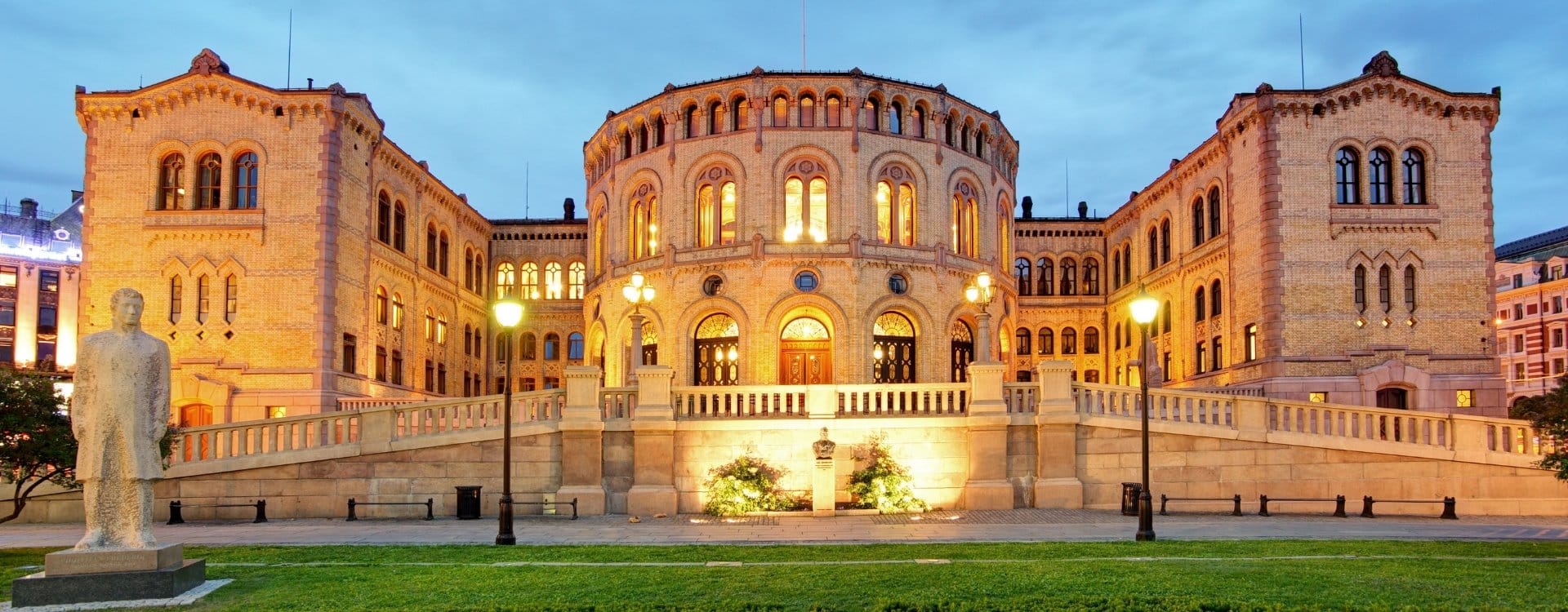
Public Transport in Oslo
Oslo’s public transport system is efficient, clean, and reliable, managed by Ruter. It includes buses, trams, ferries, and an extensive metro network. A monthly pass costs NOK 814 (€73) and covers unlimited travel within the city’s zones.
Cycling is also popular, with dedicated bike lanes and a city-wide bike-sharing program. For weekend getaways, Oslo’s proximity to natural attractions makes driving or using Norway’s excellent train network a great option.
Eating in Oslo: Restaurants and Food Costs
Oslo’s food scene is diverse, offering everything from traditional Norwegian dishes like salmon and reindeer to international cuisines. Dining out is expensive, with a meal at a casual restaurant costing around NOK 200–300 (€18–€27). Grocery shopping is more affordable, with chains like Kiwi and Rema 1000 offering competitive prices.
For those who enjoy cooking, Oslo’s farmers’ markets provide access to fresh, local produce. Food lovers should also explore the city’s burgeoning café culture and bakeries, which are perfect for weekend brunches or fika (coffee breaks).
Oslo’s Nightlife
Oslo’s nightlife is varied, offering everything from chic cocktail bars and live music venues to cozy pubs. Popular areas like Aker Brygge and Grünerløkka are hotspots for nightlife, catering to both locals and expats.
Alcohol prices are high due to Norway’s taxes, with a beer costing around NOK 90–120 (€8–€11). Many locals start their evenings at home before heading out, a practice known as “vorspiel.”
Weather in Oslo
Oslo experiences cold winters and mild summers, with winter temperatures averaging -2°C to -7°C (28°F to 19°F) and summer temperatures reaching 20°C to 25°C (68°F to 77°F). Snowfall is common in winter, making it a haven for skiing and other winter sports.
The long summer days and midnight sun create a vibrant outdoor culture, with residents enjoying parks, fjords, and festivals.
Oslo’s Nature and Outdoor Activities
Oslo is surrounded by nature, offering access to forests, mountains, and fjords. Popular activities include hiking in Nordmarka, boating on the Oslofjord, and skiing at Tryvann Winter Park. The city’s commitment to sustainability is evident in its clean air, green spaces, and emphasis on outdoor recreation.
What Not to Miss in Oslo
Oslo is rich in culture and history, with attractions like the Viking Ship Museum, Oslo Opera House, and Akershus Fortress drawing visitors year-round. The city also hosts events like the Oslo Jazz Festival and the Nobel Peace Prize Ceremony, offering unique cultural experiences.

